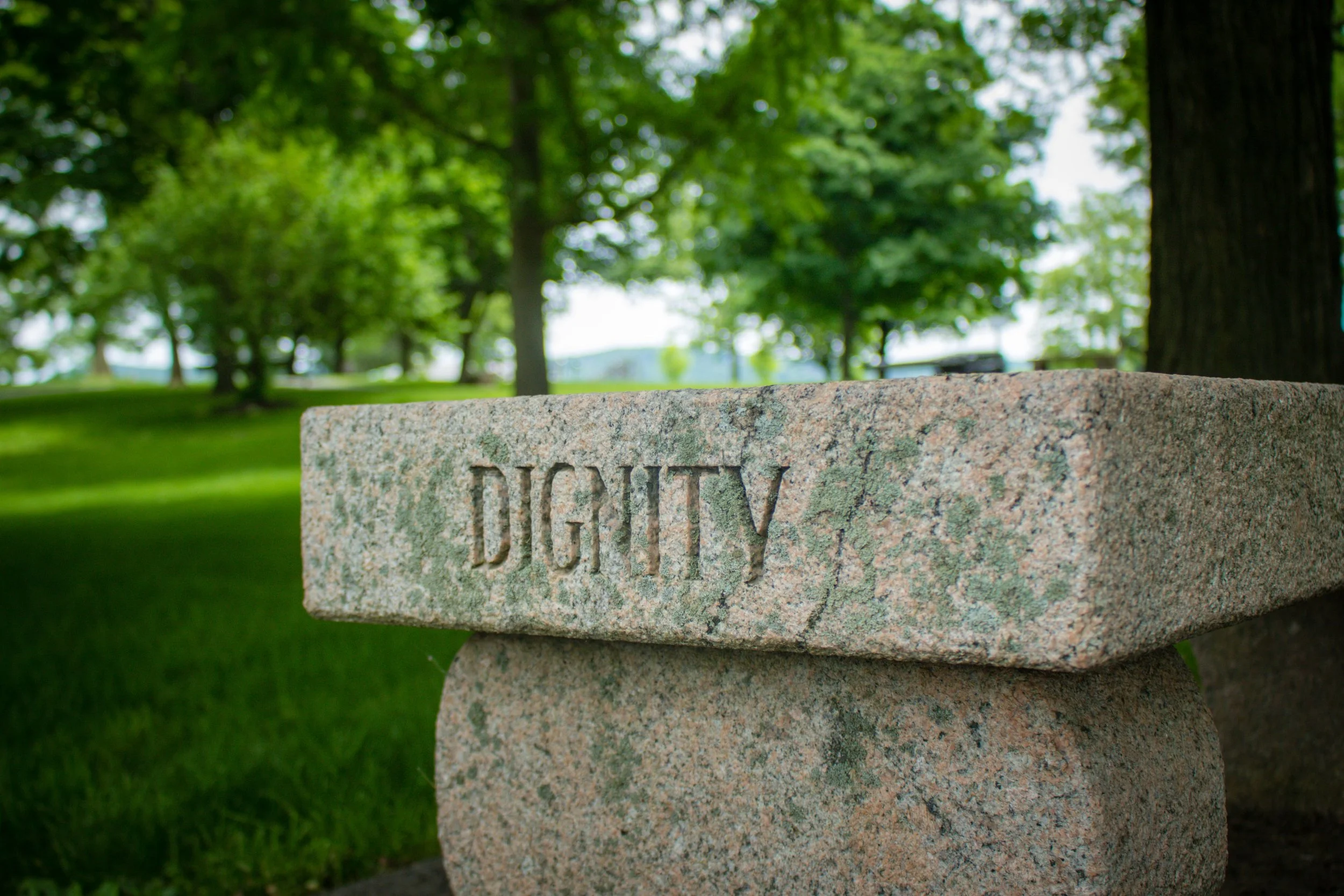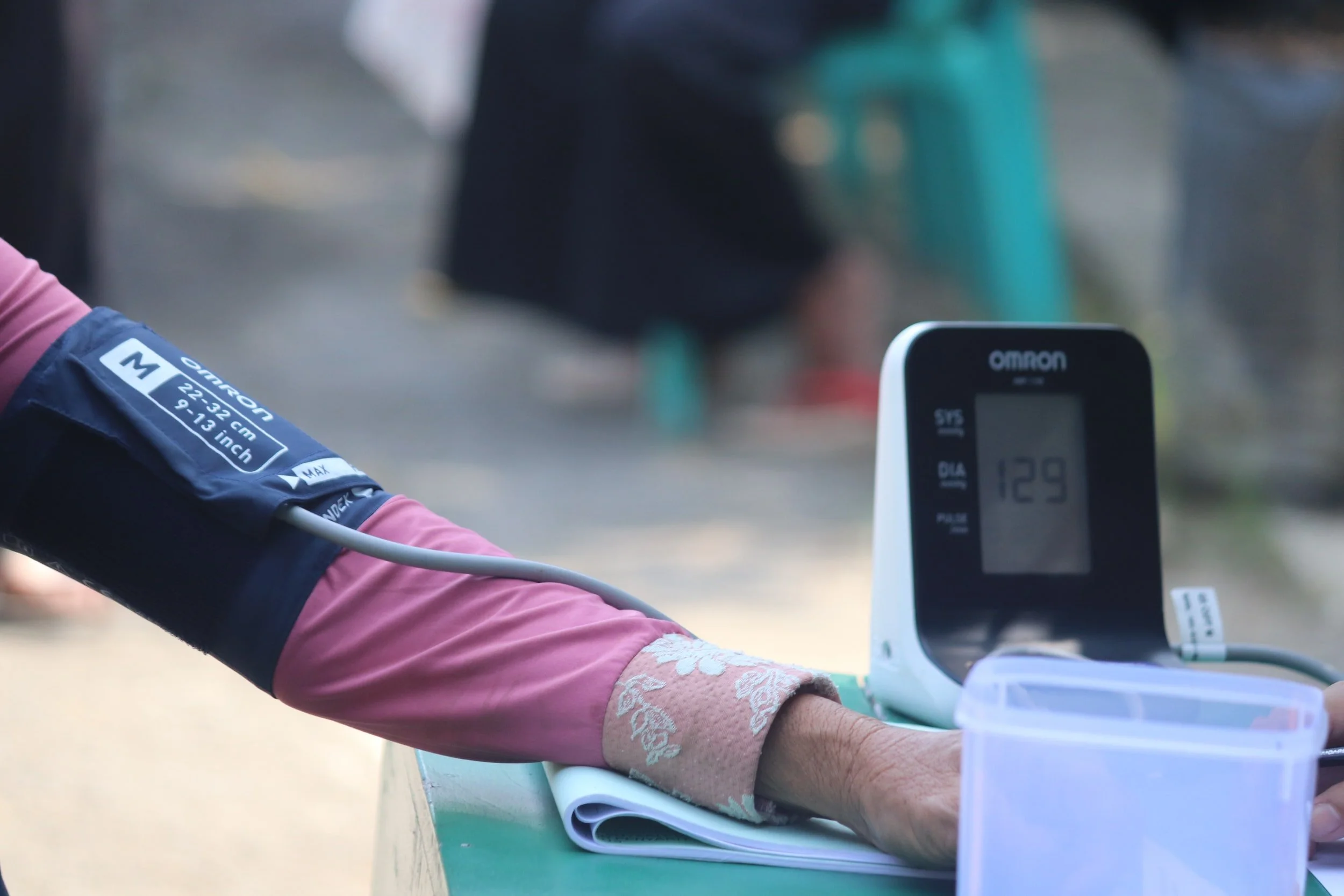Adult Family Homes (AFH) are environments that cater to adults who require specialized care and support. While these settings focus on healthcare and day-to-day assistance, an ethical dimension often overlooked is the maintenance of resident dignity. Maintaining the dignity of residents is not just a moral imperative but is instrumental in ensuring their overall well-being and quality of life. In this article, we’ll unravel the significance of resident dignity and how it is a cornerstone of AFH ethics.
Our goal is to help make your job a little bit easier by providing the exact assistance you need.




















